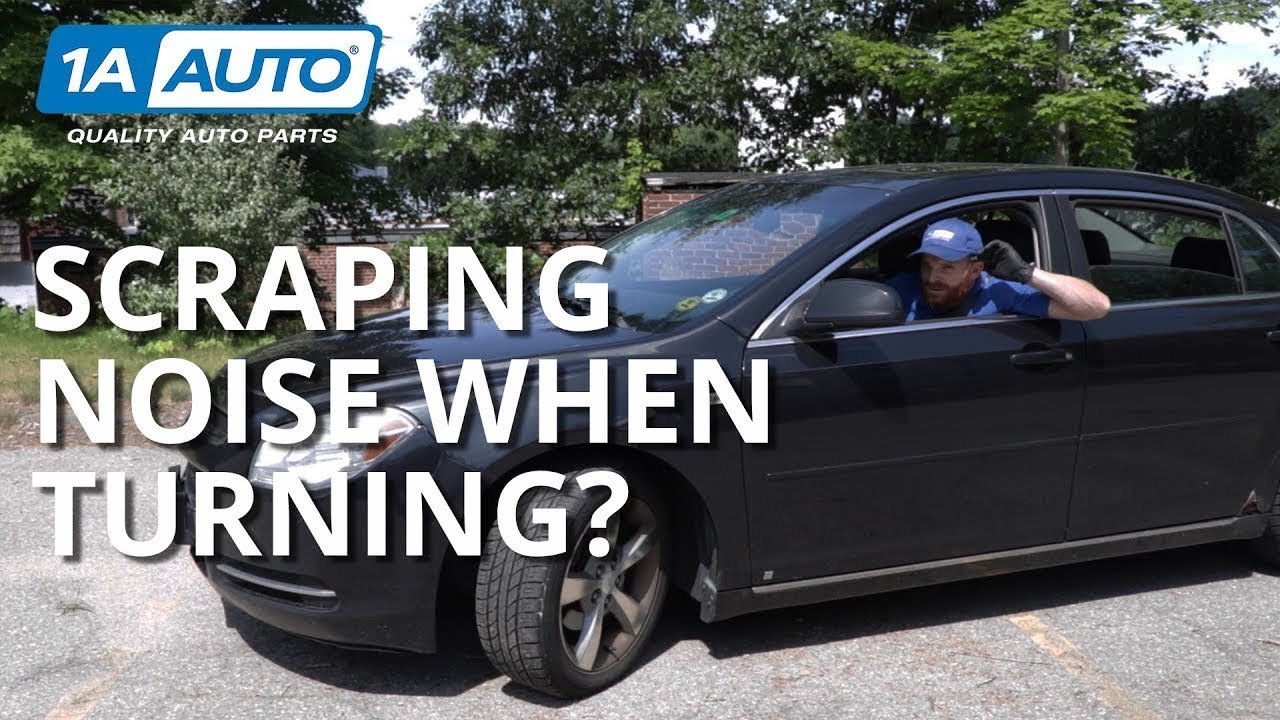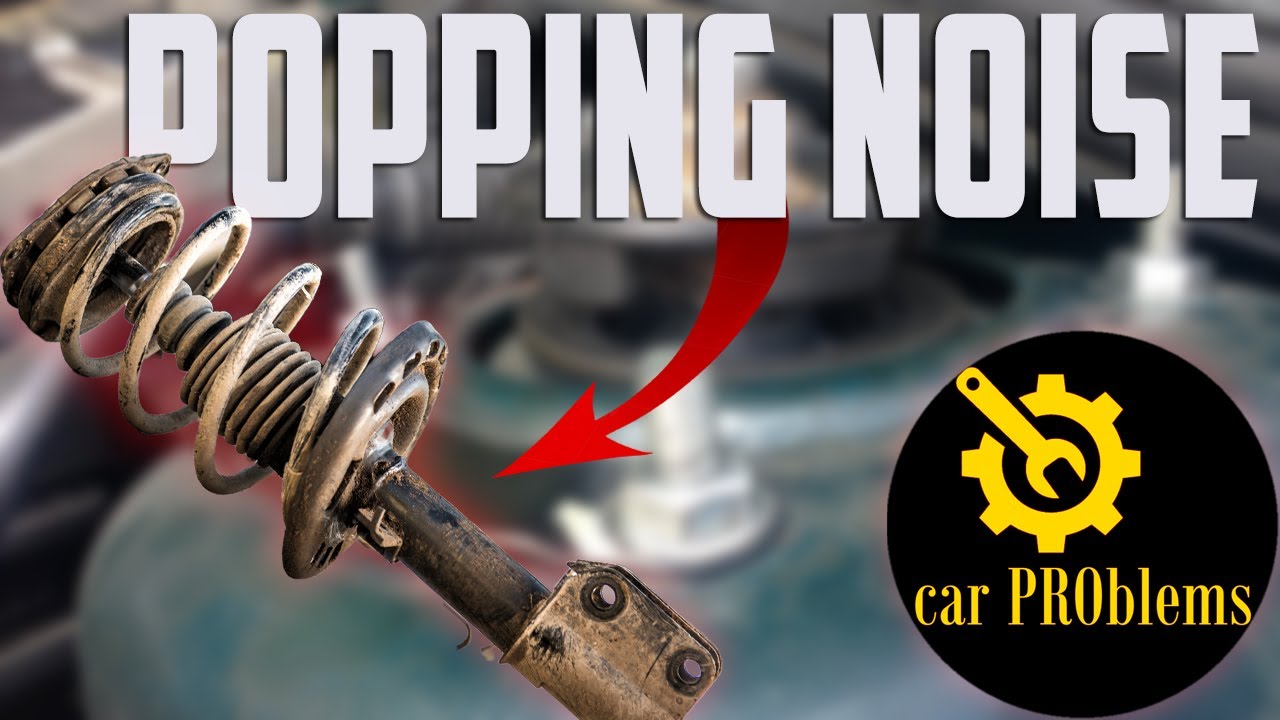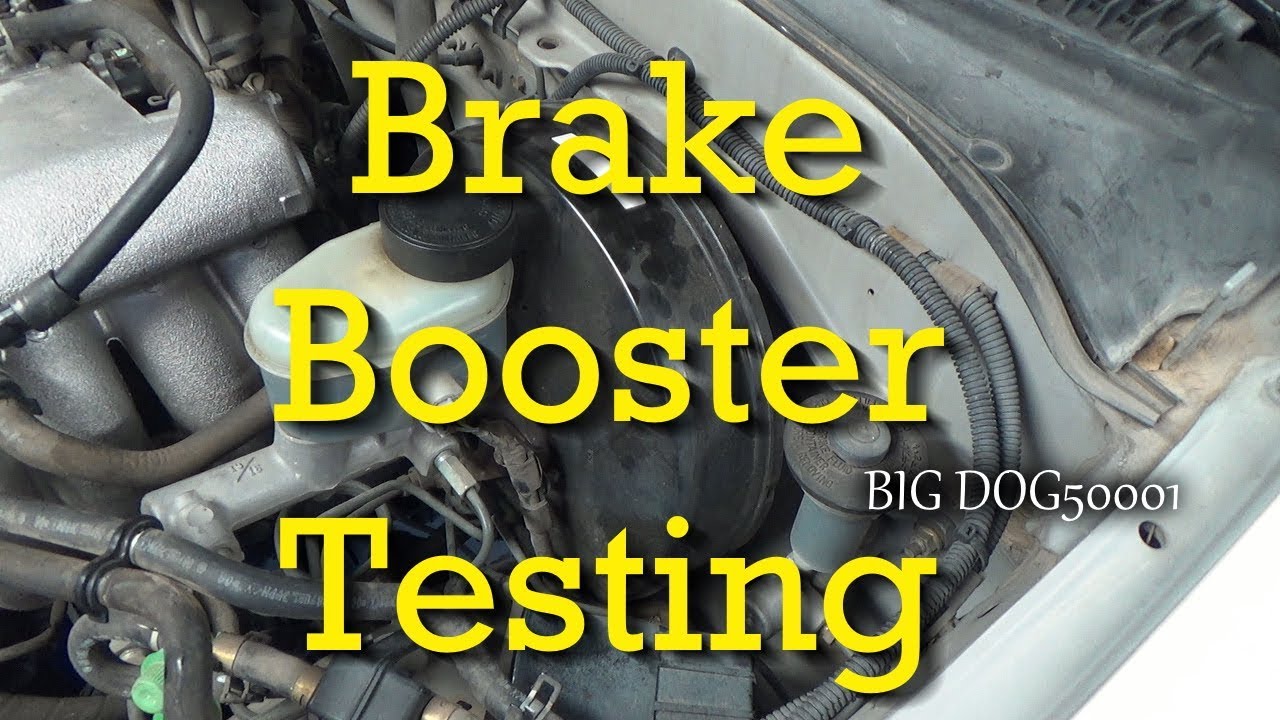Squeaking, grinding, and scraping are common car sounds. That may be caused by car brake vibration, especially at low speeds. The braking system and brake operation must be understood to complete the picture. We can now understand why and how to stop these sounds.
Friction between the braking pad and wheel rotors slows the car until it stops. The hydraulic oil presses the brake pad against the rotors to apply friction and stop the car when you press the brake paddle. At low speeds, this braking process may make noise. An issue with a braking component is likely.
Why does low-speed braking make noise?

If you hear a strange noise when braking slowly, beware. These sounds may indicate danger. Soundchecks are safe to determine the causes of these noises. This section covers the main causes of such noises.
Old braking pads: They can cause strange braking sounds for many reasons. The brake pads are usually made of graphite, iron, and copper. These are bonded to form the brake pad. As you brake, the brake pad wears out until the metal cover touches the rotors. When braking slowly, you’ll hear creaking. If your braking pads are worn or old, replace them immediately. Otherwise, you may damage other braking elements.
Cheap/low-quality brake pads: As mentioned above, brake pads are made from a mixture of elements to bond, and to produce the best braking pad, manufacturers put these elements in a certain ratio to ensure the best braking effect and to stop noise. However, cheap aftermarket braking pads never use this precise material selection. They always try to lower prices, lowering quality. They rub and scrape the rotors and make noise. If you want to replace your brake pads, choose the originals.
Old rotor disks: Rotor disks can wear out from improper braking or from using cheap, low-quality pads that scratch the rotors. The surface of your rotors will eventually become uneven. Washing your car and exposing the rotors to cold water while hot can also deflect them. Surface deflection will cause brake sounds and irregular brake pedal vibrations.
Parking the car for too long: Parking in the garage for too long in bad weather like water vapor can rust the rotors. This can also cause rotor corrosion and spread to other braking system components.
How to fix brake noise
So, we now understand braking system noise and how to distinguish it. Additionally, we learned why these sounds occur. This section explains how to check for the defective part.
Find loose parts: Disassemble the car’s front wheels first. You’ll then wiggle the brake calipers, pads, rotors, and other components to test them. Hand-moving these parts is not recommended. If your hands vibrate it, some clips and bolts are missing, damaged, or loose. Fix those immediately. Vibrating and noisy braking may result.
Apply Dampening Paste: Braking noises were always caused by excessive braking part vibration. After replacing missing bolts and damaged shims or clips, dampening paste, a water-based compound, can reduce braking part vibrations and noises.
This substance should be applied thinly to the metal back of the braking pad between the caliper piston and the pad. Before reassembling the brake unit, let the paste dry for 2–3 hours. Drying makes it sticky and darker.
Check brake pads or shoes for wear and replacement: Many car drivers’ biggest issue is this. Many brake pads have a wear indicator that makes a noise when worn. Aftermarket brake pads vary in size. This causes uneven brake pad wear. Because the brake pad rides the rotor edge, you may hear grinding when braking but the pads are fine.
In this case, sanding the lip even will increase brake pad life and eliminate noise. If you need a new brake pad, find a good one. Until they match the rotor, new brake pads grind.
Brake rotor check: The brake rotors are the last thing you should check. While driving and changing pads, brake rotors may be affected. Uneven brake rotors cause brake pads to jump and wiggle.
Rotor surfaces must be smooth. You may need to machine your rotors to smooth the surface if the wear is not too deep. Before machining, check rotor thickness to ensure braking safety. However, if the wear is excessive, the rotor is distorted, or it lacks thickness, you must replace it immediately.




